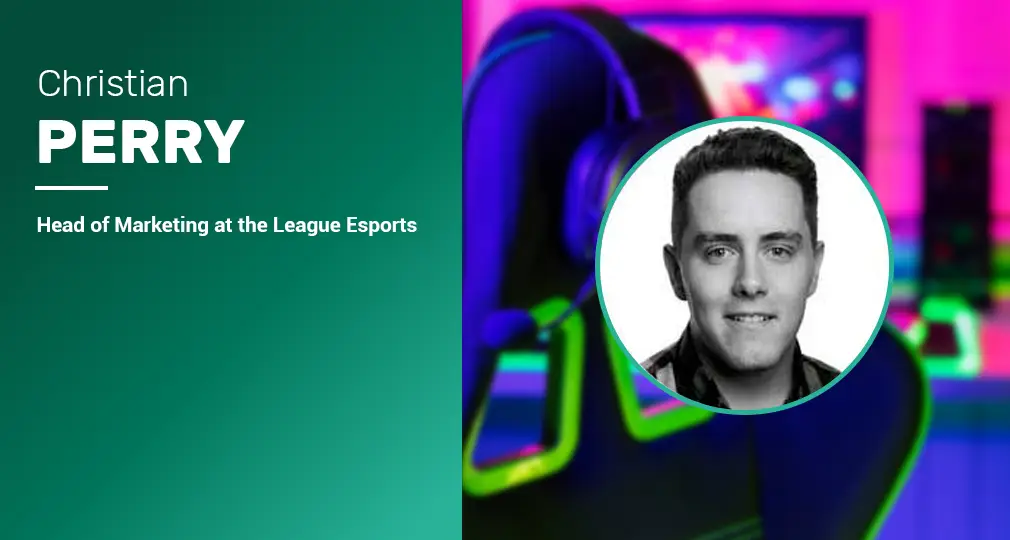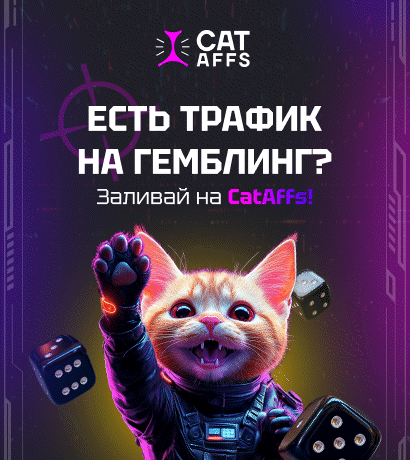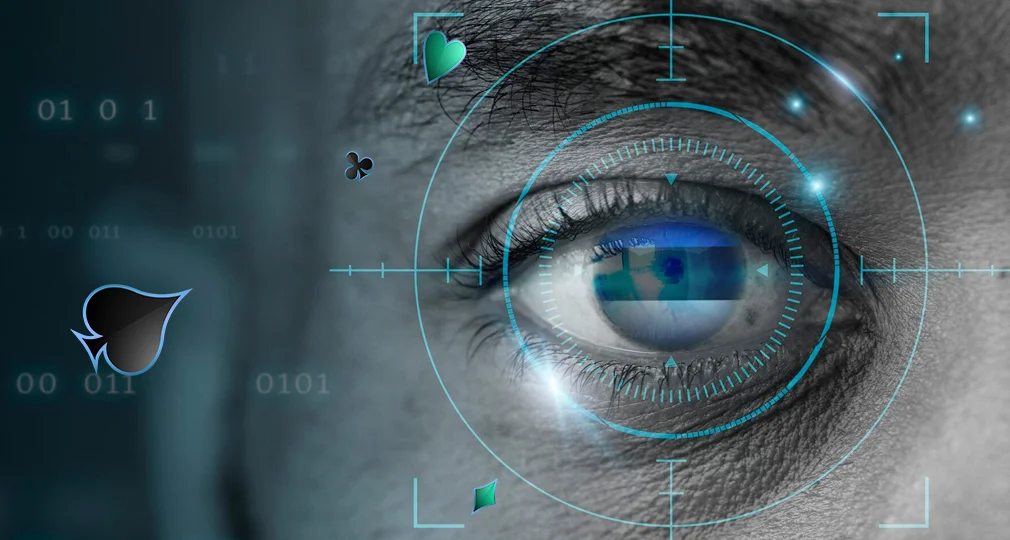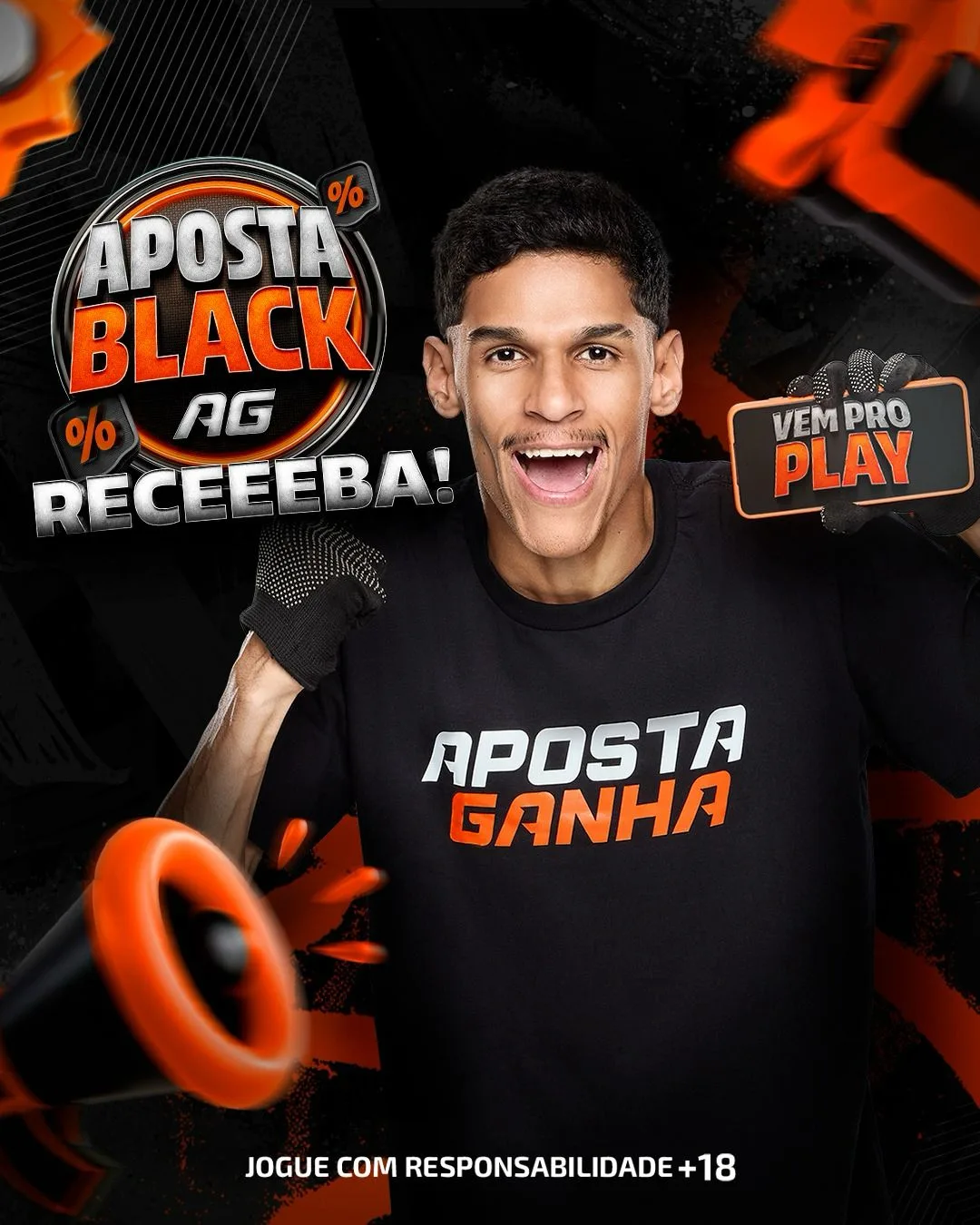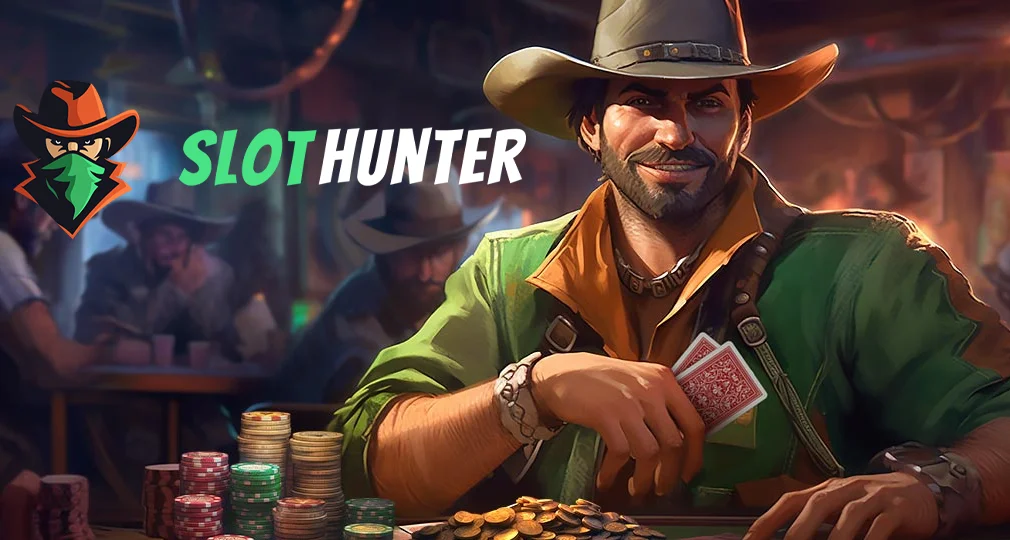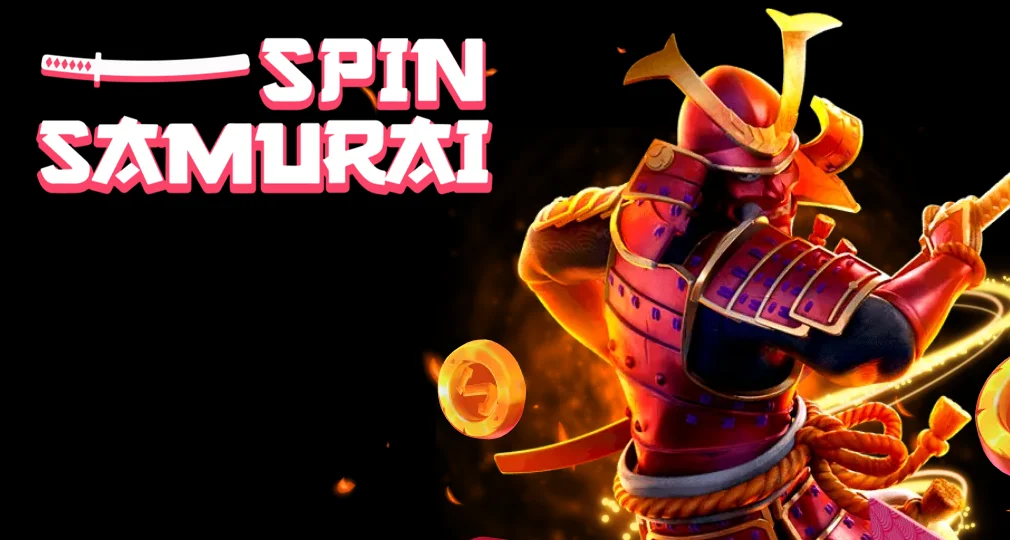While the whole world is actively discussing the inrush popularity of gaming (especially during the lockdowns) and the esports growth pace, the top cybersport industry is actually fed by lower-tier participants. To know more about the specifics of organizing local esports events, Login Casino contacted Christian Perry – the Lead Marketer in The League Esports organization. He has answered the shakiest questions: the specifics of marketing in the niche, the role of influencers, and why this direction is so popular now.
To begin with, Christian, tell us about your company and its specifics in short. What are the major differences when organizing local esports events compared to the global ones?
For the most part, we are focused on online events, which is a pretty good spot right now. We basically support the games’ structure when people need the right online settings to play with pleasure and avoid issues. It’s also a way to help gamers and structures not from top-tier organizations to be connected and avoid coming to physical locations to receive the needed experience. However, we also had some offline events in the past and have plans to return to this model in the future.
If talking about the difference, I think the biggest thing is keeping those events fun and attractive to the local community. The latter wouldn’t come back if they had a negative experience during the event. It’s important that we can skip the elements like location, resources related to production, and all physical aspects, while we cover the elements like flawless streaming. Probably, the most important element is the right approach when informing the community about the upcoming events.
We try to make the things that are common in professional esports – before/after-match studios, talks between the maps if needed, have casters that even make players research before the game to have the idea of what to expect, analytics, and alike staff. We try to mirror the professional esports approach and give people the same experience but on the city/state level. At the end of the day, that is what our product is all about – giving professional experience to amateur players.
What are the specifics of working with the local community and how to grab its attention?
The toughest element is launching a new game where we don’t have any fan base. In this case, we start building it by warming the interest towards the event in diverse ways. Among the best approaches are launching targeted polls, asking questions, and making sure that people are listening. Posting some news and updates is also a nice tactic. At the final stages, we ask the question of whether the community is interested in the tournament related to this new discipline.
Interestingly, here in our company, the majority of the staff came after the tournaments we organized, those who were involved in the streaming, and so on. Such people often come with the question “what can I do because I like what you are doing.” At the end of the day, it’s like a circle, where the community feeds us, and we feed the community to keep overall growing.
What is the recent and future role of influencers in the creation and promotion of local esports events?
We have used some micro-influencers in the past who are influential in the area. We didn’t reach big influencers as I didn’t feel we were in a position to move for bigger projects.
The funny thing is that many influencers end up joining our team. So, we have used them in the past and plan to involve new ones in the future. Moreover, I think the overall esports trend is growing nowadays, especially when people are looking for alternatives to traditional sports, whether it’s because of viruses or maybe they cannot play those traditional sports activities. Nonetheless, local influencers are the people who are pushing the perception of the cybersport industry and help to replace traditional sports.
Are there any marketing differences when launching the promo campaign for a particular location instead of an international one?
When it comes to marketing, I try to focus on the macro group to bring a wider audience. When a player is looking for the tournament, he or she can find one because there are plenty of them that local people or online ones can run. While we are definitely in a flooded market from this perspective, we try to be a perfect fit for the one who wants to run the “one house” tournament in LoL, Valorant, Call of Duty on the professional level.
Let’s talk about huge tech brands as marketing targets. Are they interested in sponsoring smaller cybersport events? What are the specifics of their interest in local tournaments?
We didn’t get a lot of traction with big tech companies recently. However, I think it’s possible if hooking the right people and putting the right numbers in front of them. At the same time, we have found a particular niche and are now working with a few energy drinks brands. We try to keep a lot of our stuff local, so many brands we are working with are in Utah, or they are common with the specific audience we have because a lot of people across the globe are playing our tournaments.
If we talk about the big tech brands, we have hooked up with some of them before. At the moment, we have a partnership with Tespa (Collegiate esports organization), which is cooperating with Blizzard. We also try to do a partnership with MSI to get their laptops and maybe their tech help with our live events. So, definitely, we have partnered with some of them and try to move in the direction of agreeing on sponsorship with such companies.
What is the future of the local esports organization? How are firms like yours determining and dealing with new challenges?
I will argue that local esports organizing is growing fairly quickly, much faster than it has been growing in the past. If you look at the chart of esports growing pace, some of the initial games were too niche from the beginning. Thus, we’ve been involved in organizing Call of Duty and StarCraft tournaments in the past. Halo was our first tournament after establishing the company. So, we would love to do more in the future and continue expanding to new games and going on with our growth.
At the same time, the market determines what we can accomplish because if we have enough people to do a successful tournament, we can run it. Call of Duty is doing well with Warzone, but this game is quite hard to stream without professional tools, but we try to do our best. Apex is another one that is hard to stream. So we try to figure out what will be the next game we can serve, and then we start working on it. Also, we’ve defined that people are constantly moving between games, but they often return to play the game they love.
Do local tournaments open the road for winners to participate in bigger events? Can you be interesting for esports investors?
I would argue that our organization helped several people. We have a few success stories that have come out of our organization. Now we are signed to the semi-pro league, and that is what we want to be at the end of the day. We want a professional team looking at our players, so the people in our leagues can find their next line-up.
Also, we are looking at future investors, the people who are looking for additional players that can be found across our tournaments. We want to serve two communities: people trying to go PRO and those who want to stay at the amateur level. We still want people to stay as we want to serve this middle ground.
What is the contribution of the firms like The League Esports to the overall development of esports?
I think that the things we are accomplishing that no one else does are the increase of parents’ involvement. We try to mirror the situation that happens in high schools and colleges when the whole family comes to the stadium and supports their child. It’s really great to see how parents, grandparents, those who’ve never heard about esports before, coming out to see games (via Twitch, of course), typing the comments and start talking, and it’s really fun to see how all this family support comes through as well as friends’.
I remember when I was in high school and participated in some tournaments. I felt so good to be there for them, and I think that we are really bringing the same emotional part to esports. It hasn’t been seen before, and it’s great to see how this direction is growing on the local level too.
Read more: Top Canadian Betting Platforms





